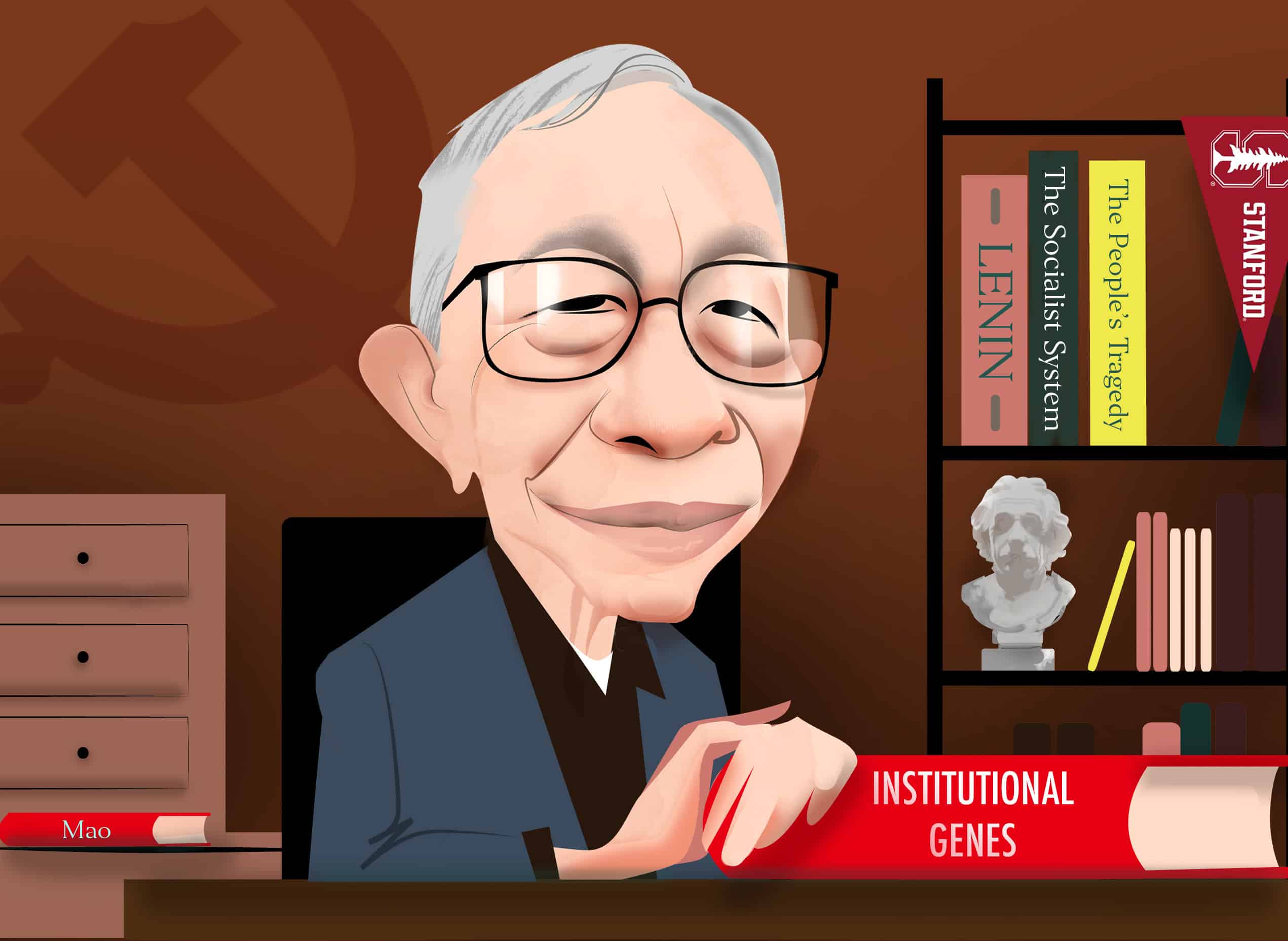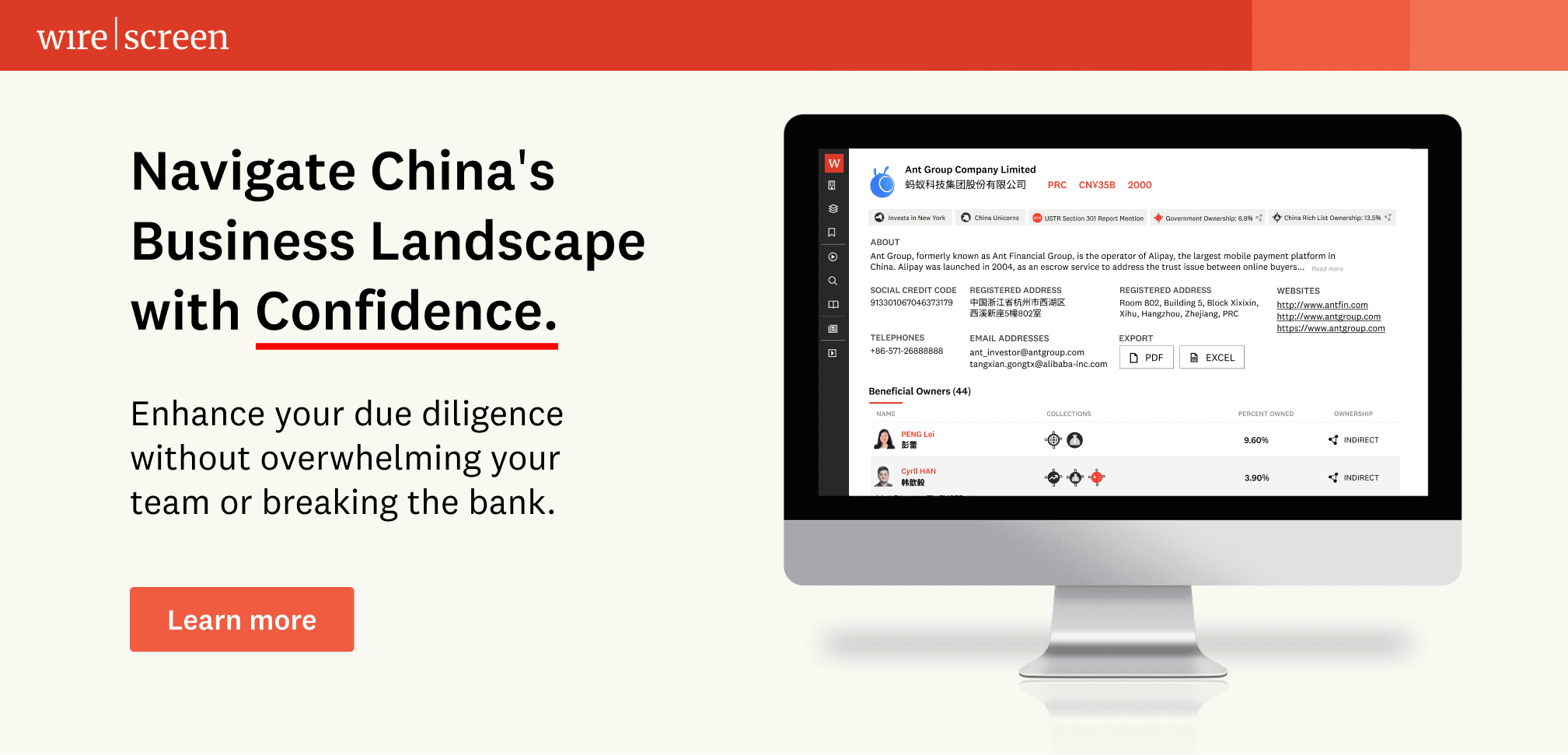Good evening. In his ahead-of-its-time 2010 classic, The Party, Richard McGregor wrote that the purpose of his book was to put the Chinese Communist Party “back firmly where it belongs, at the heart of the modern Chinese story”. And in case anyone missed or doubted McGregor’s point, two years later Xi Jinping would start proving it for him in dramatic fashion. Chenggang Xu, the influential Stanford scholar and subject of this week’s cover story by Brent Crane, has been an academic pioneer of this emphasis on the centrality of the Party, with his long journey culminating in the recent publication of his 800-page opus, Institutional Genes. Xu also has lived experienced of the subject he writes about. He witnessed the worst of pre-reform, and the best of post-reform China before the country slipped back into what he regards as its present torpor.
Also in this week’s issue: Michael Kovrig on traveling to China at your peril; how Beijing is boosting its international tourism sector with an expanded visa-free visit and transit regime; the July 7 Microsoft Hack; and Tai Ming Cheung on the economic and technological forces fueling China’s military might.
Want this emailed directly to your inbox? Sign up to receive our free newsletter.

The Realist
As a young participant in Cultural Revolution clashes between Red Guard groups and splinter factions at odds with them, Chenggang Xu became fascinated by “the emergence and role of ‘new classes’ within [socialist] systems”, and how they secured and maintained their grip on power. Later mentored by giants in the field such as János Kornai, Xu would hone his scholarship over three decades at top universities in the U.S., UK and China, emerging as one of the most respected Party experts in both the anglo and sinophone worlds.

Traveler Beware!
Is it safe to visit China? Few are better placed to answer that question than Michael Kovrig, one of the ‘two Michaels’ detained for nearly three years as Beijing sought revenge for Canada’s arrest of Huawei executive Meng Wanzhou. In our latest Wire China Opinion piece, Kovrig highlights the “growing inventory of incidents in which foreigners fall victim to China’s draconian security apparatus” and explains why and how individuals can get into trouble, suddenly turning from “today’s red-carpet guest” to “tomorrow’s consular case”. He also offers advice on how best to weigh the risks and rewards of visiting China.

Traveler Welcome!
Planning a trip to South Korea? Australia? Vietnam? You might want to add a stop in China. Travelers from dozens of countries can now enter visa-free for up to 10 days under expanded transit policies. In this week’s Big Picture, Dean Minello unpacks the numbers behind the post-COVID recovery of China’s international tourism sector — and how visa-free transit, along with longer stays through unilateral and mutual agreements, enhances a market still dominated by domestic travel.

The July 7 Microsoft Hack
Software developers often give select customers advance notice of upcoming patches to address hidden vulnerabilities in their systems. As Eliot Chen reports, cybersecurity experts are increasingly concerned Chinese hacking groups could be tipped off too, allowing them to exploit the vulnerabilities before the patches are installed.

A Q&A with Tai Ming Cheung

Tai Ming Cheung, at the University of California, San Diego, has spent much of his career studying China’s economic, technological and military might. Also director of the University of California’s Institute on Global Conflict and Cooperation and a former foreign correspondent, Tai’s first book examined the Chinese military’s foray into business in the 1990s. His more recent scholarship has examined China’s emergence as a world-class technological and military power.
In this week’s Q&A with Eliot Chen, Cheung discusses Beijing’s strategies for the further integration of its economic and military capabilities and its preparations for potential conflicts with regional neighbors and the United States.
Tai Ming Cheung
Illustration by Kate Copeland
Subscribe today for unlimited access, starting at only $19 a month.



